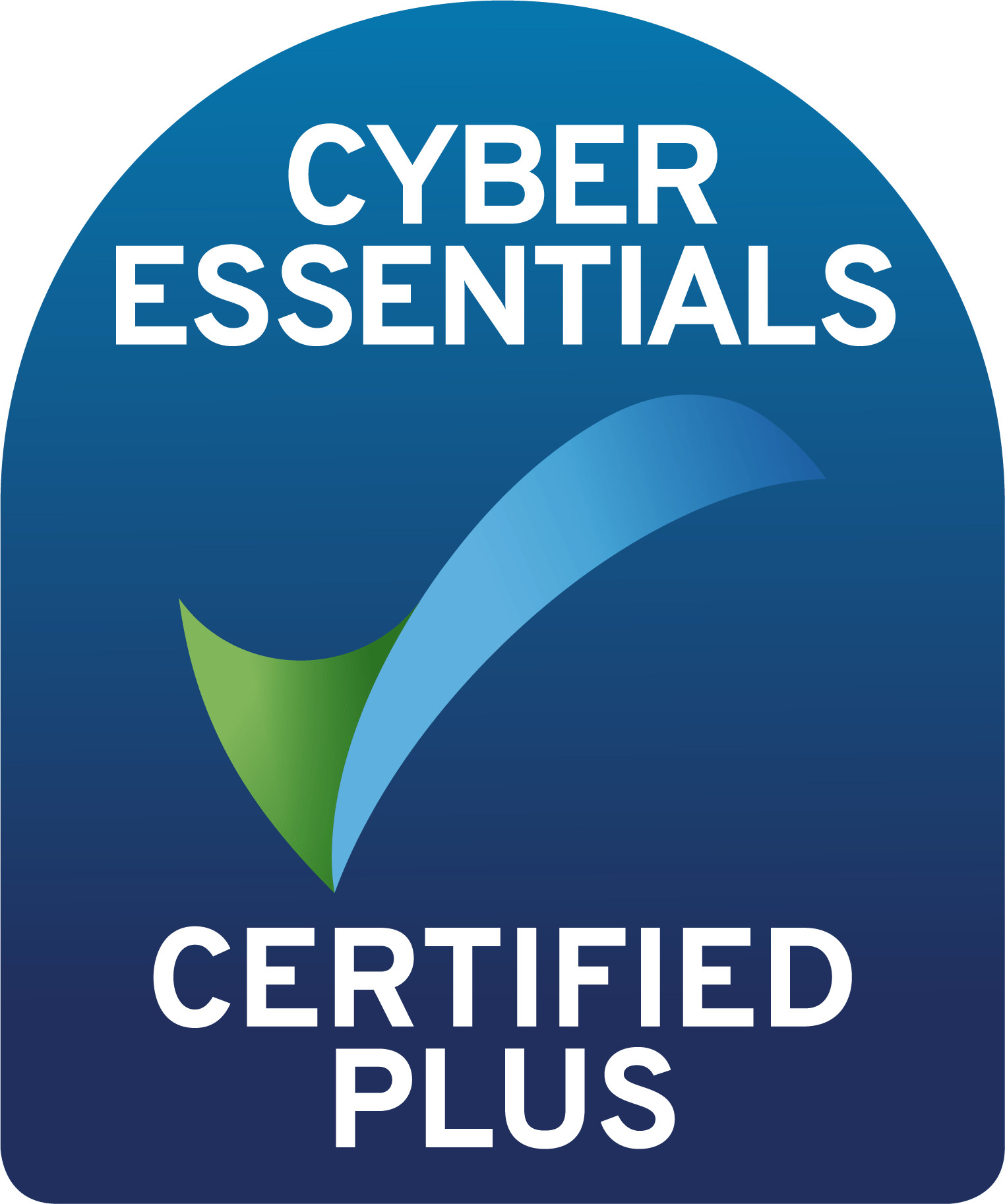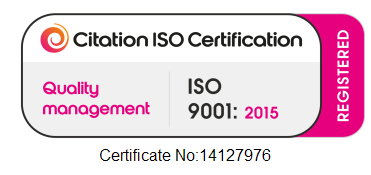An often misunderstood concept and a concept many have difficulty explaining, it is often seen as being solely about abstinence. That unless people are ‘detoxing’, they’re not working on their recovery. We do not think this is helpful or an accurate way to think about a complex subject.
We believe that working on either or both these elements is working on your recovery.
This the increase in wellbeing of an individual through the development of recovery capital to sustain the positive change and ensure resilience. This enables us to make ‘recovery’ relevant to everyone.
This is physical abstinence from the substance being used problematically
When you come to one of our services for the first time you will be welcomed by a friendly member of the team. This may be someone who has had difficulties with substances themselves, someone who knows what it’s like.
Whatever the plan we agree together, whether it includes one to one work, group work, prescribing or a mix of each, when we meet you, we will ask you how things are going. And we will listen. If what you say and what we hear indicates that you need extra or different support, if the plan needs changed, we will agree the changes with you.
Everyone’s experience is different so the support we offer is tailored to you. How do we do this?
First, we ask you to talk to us about your experience. And we listen.
Then, we talk with you about some things that might help, we ask you what you think. And we listen.
Finally, together we agree the plan. And together we begin to put it into action.
We make sure we can offer the widest choice we can so you can find something to suit you
These include
Specialist Image and Performance Enhancing Drugs (IPEDS), sometimes referred to under the collective name of steroids
Early intervention alcohol.
Family
Young People
Structured Day Programmes
Outreach services
Criminal Justice Services



